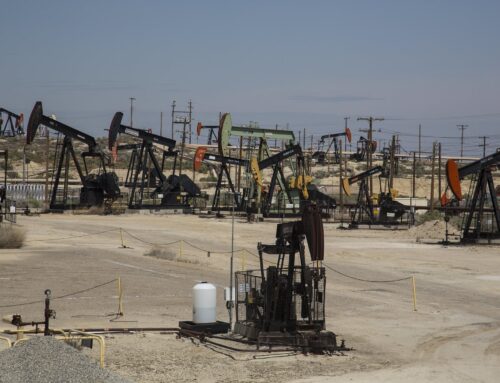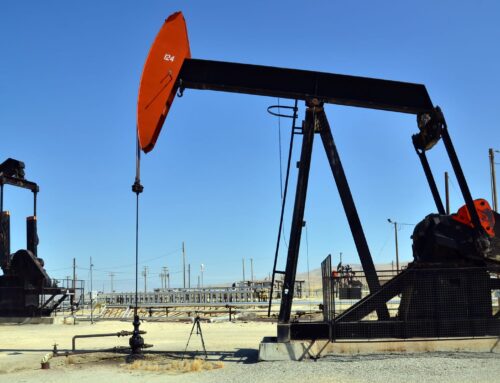WASHINGTON, DC — Bad Bet: Oil and Gas Troubles Predate Pandemic Despite a Century of Subsidies, a new report out today from Taxpayers for Common Sense (TCS), a taxpayer watchdog organization, exposes how it would be a mistake for the US government to provide further subsidies to the oil & gas industry, concluding that the sector has been in a natural decline since long before the pandemic. Bad Bet provides a snapshot of financial data from some of the largest U.S. oil and gas companies and documents their massive tax subsidies.
“The oil and gas industry is always on the lookout for more handouts. Taxpayers have to watch out – giving more federal subsidies to the oil and gas industry through a liability shield or with more tax breaks, more direct subsidies, or more preferential access to federal lands anytime during the pandemic recovery period is a waste of taxpayer resources,” said TCS president Steve Ellis.
TCS analyzed five years of financial statements from the 20 largest U.S. oil and gas drilling companies, based on 2019 market capitalization. The report found that:
- From 2015 to 2019, these companies reported massive losses – with total U.S. pre-tax income of negative $120.6 billion, an average combined loss of $24.1 billion per year, and combined federal taxes of negative $55.5 billion.
- ExxonMobil reported $4.4 billion in pre-tax domestic earnings over the last three years, more than any other producer, yet reported total federal taxes of negative $8 billion. Largely due to the 2017 Tax Act, the company was able to reduce its tax bill by an additional $8 billion.
This decline has occurred despite the menu of generous tax subsidies that have been on the books for decades and allow oil and gas companies to defer huge amounts of tax liabilities every year:
- According to their financial statements, these 20 companies reported a total of $74.1 billion in net deferred tax liabilities in 2016.
- The 2017 tax cuts allowed these companies a subsidy double-dip by applying a lower statutory rate to tax liabilities accrued years before.
- After enactment of the 2017 Tax Act, these 20 companies reported $51.1 billion in net deferred tax liabilities, a reduction of $23.0 billion or 31 percent from the year before.
- Taxpayers also subsidize oil and gas companies through preferential access to federal lands and waters, and below-market royalty and rental rates on federal oil and gas leases.
Citing that the oil and gas industry is in decline because of fundamental changes in energy markets that predate the pandemic, and with energy prices not expected to rebound after the pandemic is over, the report warns that providing the oil and gas industry with a bailout is an affront to taxpayers and businesses suffering as a direct result of COVID.
“The truth is the industry’s risky and reckless behavior put them in a financial bind long before the COVID-19 pandemic. Taxpayers cannot afford yet another government handout to the oil and gas industry. The problems facing the industry are structural and they are persistent. Taxpayers shouldn’t have to bail them out and provide more subsidies yet again. Enough is enough,” Ellis concluded.
# # # # #
Taxpayers for Common Sense (TCS) is a nonpartisan budget watchdog that has served as an independent voice for the American taxpayer since 1995. TCS works to ensure that taxpayer dollars are spent responsibly and that government operates within its means.










